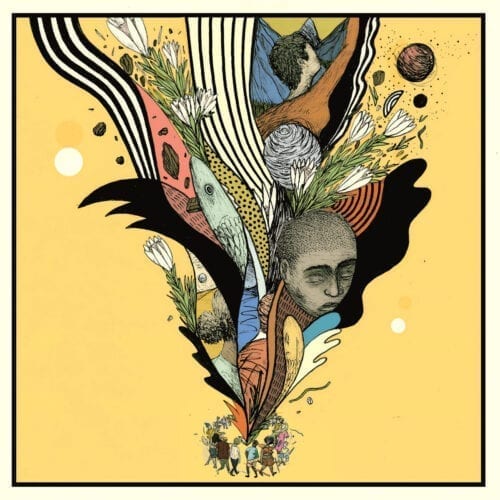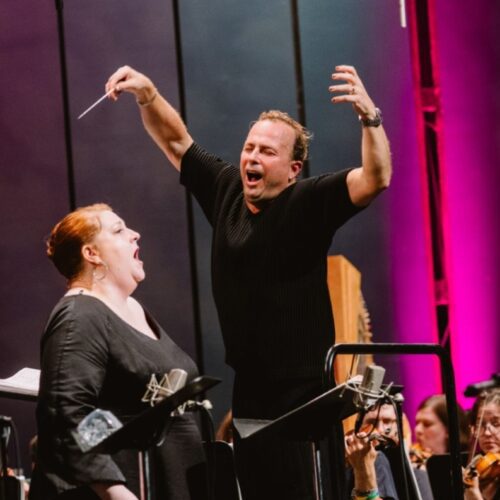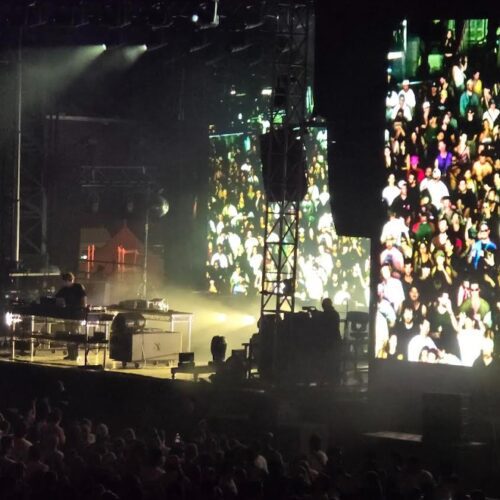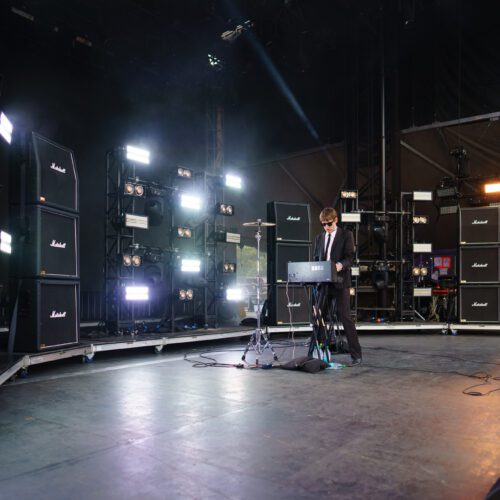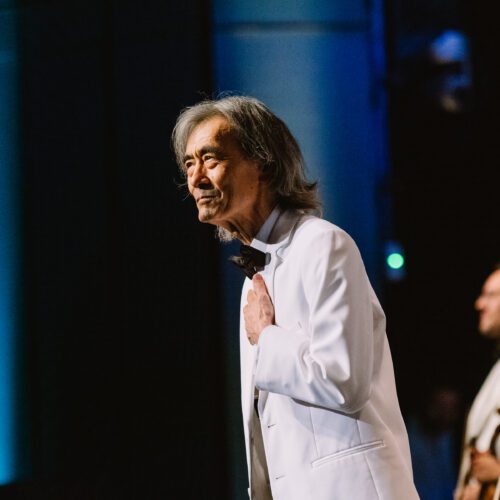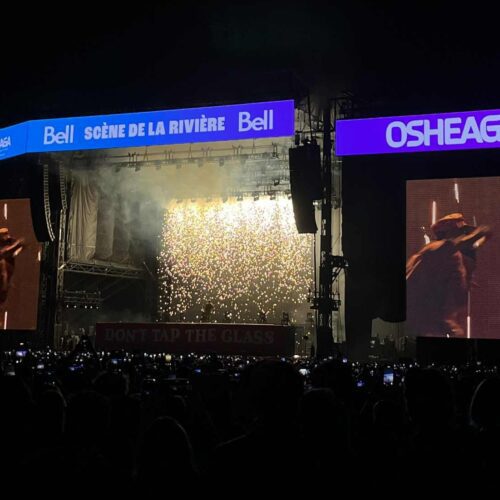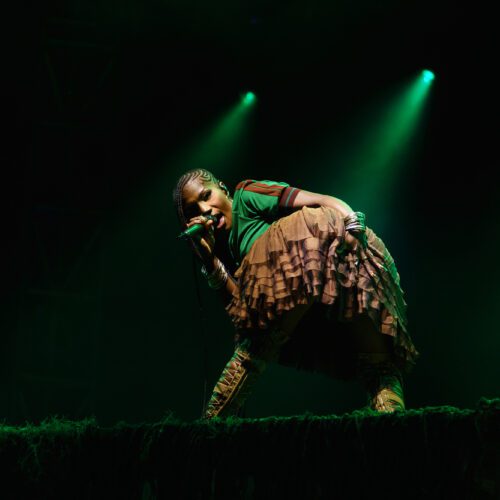Four continents connect fluidly on an album nonetheless firmly Afrocentric, named after Johannesburg’s archive and arts initiative Keleketla!, with whom Coldcut – granddaddies of exploratory hip hop, founders of Ninja Tune – planned to produce a benefit album for charity In Place of War. Things seem to have gotten out of hand, in the best way possible.
The first few seconds of the record’s first track, the sturdy and commanding “Future Toyi Toyi”, unmistakably announce the involvement of the recently lamented drummer Tony Allen, Afrobeat’s rhythmic architect. Indeed, the fierce, sinuous, brass-heavy Nigerian style is palpably present throughout. Allen’s contributions – and those of Dele Sosimi, also a Fela confederate in his day – were recorded in London, following the original Soweto sessions with a diverse assembly of South African artists. Among them are guitarist Sibusile Xaba (flagbearer for Zulu malombo music), percussionist Thabang Tabane, bassist Gally Ngoveni, singer Nono Nkoane, and outspoken rappers Yugen Blakrok and Soundz of the South.
The Nigerian connection makes the record a trans-African affair, but then the London sessions also roped in local talent like saxophonists Shabaka Hutchings, Ed ‘Tenderlonious’ Cawthorne, and Tamar Osborn (of Sons of Kemet, 22archestra, and Collocutor fame, respectively) – representatives of London’s goldmine of great jazz and beyond, the scene centered around the arts incubator Total Refreshment Centre.
After Europe came North America. The essentially Afrobeat “Freedom Groove”, featuring Brooklyn’s Antibalas, transitions into mighty American soul-funk at points, and carries the potent words of venerable L.A. poets of protest, Watts Prophets. Asia’s in the mix as well. The Indonesian province of West Papua is having its own BLM moment right now, and on “Papua Merdeka”, the Lani Singers (Benny and Maria Wenda) express their plight in lovely song and stern words.
Largely loud, proud, and uncompromising, the album does have its gentler passages, like the celestial instrumental “Swift Gathering”, a moving conversation between Osborn’s brawny baritone sax and the strings and piano of fellow Londoner Eska Mtungwaz. But even there, or on the syrupy pop number “5 & 1”, it’s simply the album’s consistent theme of solidarity, of resistance through connection, more subtly expressed.
